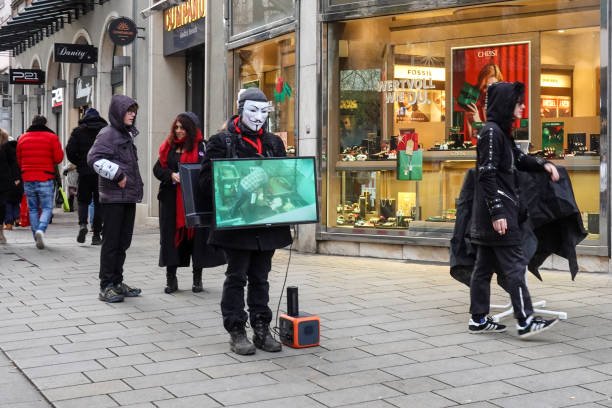Unlocked Server Cracks Open Secrets of Russian GRU Hackers
June 2, 2025
In a startling development that has shed rare light on Russia’s covert cyber operations, investigative journalists have uncovered a trove of internal documents, chat logs, and operational data linked to a notorious hacking unit of the Russian military intelligence agency, the GRU—all thanks to an unsecured server left exposed to the open internet.
The discovery, made by a team of journalists from an international consortium of media outlets, reveals new details about the operations, personnel, and internal communications of a group widely believed to be behind some of the most significant cyberattacks of the past decade, including operations targeting Western elections, critical infrastructure, and military assets.
A Window Into Cyber Espionage
The server, which lacked even basic password protection, is believed to have been used as a staging or backup environment by members of GRU Unit 26165, also known by its Western intelligence nickname “APT28” or “Fancy Bear.” The data includes hundreds of gigabytes of files ranging from malware source code and phishing templates to internal messages, spreadsheets detailing targets, and even passport scans of operatives.
Cybersecurity experts are calling the breach one of the most significant leaks of Russian cyberintelligence in recent history.
“It’s like stumbling upon the operations room of a covert unit, still up and running, doors wide open,” said Elena Markovic, a cybersecurity analyst with the European Digital Threat Observatory. “The level of detail is extraordinary—and deeply embarrassing for Russian intelligence.”
Operational Blunders
While Russian cyber units are generally viewed as among the most sophisticated in the world, the exposed server paints a picture of sloppiness and internal mismanagement. Logs show several failed operations, inter-team rivalries, and even complaints from hackers about unpaid bonuses and broken equipment.
Among the most damning finds are links tying specific cyberattacks to individual officers. For years, attribution of cyberattacks has relied heavily on circumstantial evidence and digital forensics. The newly exposed data provides direct links between code authors, operations, and their commanding officers.
International Ramifications
The revelations are likely to further strain Russia’s relations with Western nations, many of which have long accused Moscow of conducting aggressive cyber campaigns. Officials in the U.S., U.K., and EU are already reviewing the files, which may prompt fresh sanctions or indictments.
“This level of access is unheard of. It’s a treasure trove not just for journalists, but for intelligence agencies worldwide,” said a former NATO cybersecurity official speaking on condition of anonymity.
Russian Response
The Kremlin has yet to officially comment on the breach. However, Russian state media have begun suggesting the exposure was a Western fabrication or the result of a “rogue actor.” Some sources speculate that the unsecured server may have been a decoy or honeypot, though experts view that as unlikely given the volume and sensitivity of the materials.
Looking Ahead
The international journalism consortium plans to continue publishing verified materials from the server in the coming weeks. Analysts believe the fallout will be long-lasting, both for the operatives involved and for Russia’s broader cyber capabilities.
“This isn’t just a leak—it’s a rupture,” said Markovic. “And it shows that even the most secretive hacker groups can leave the digital door unlocked.”




